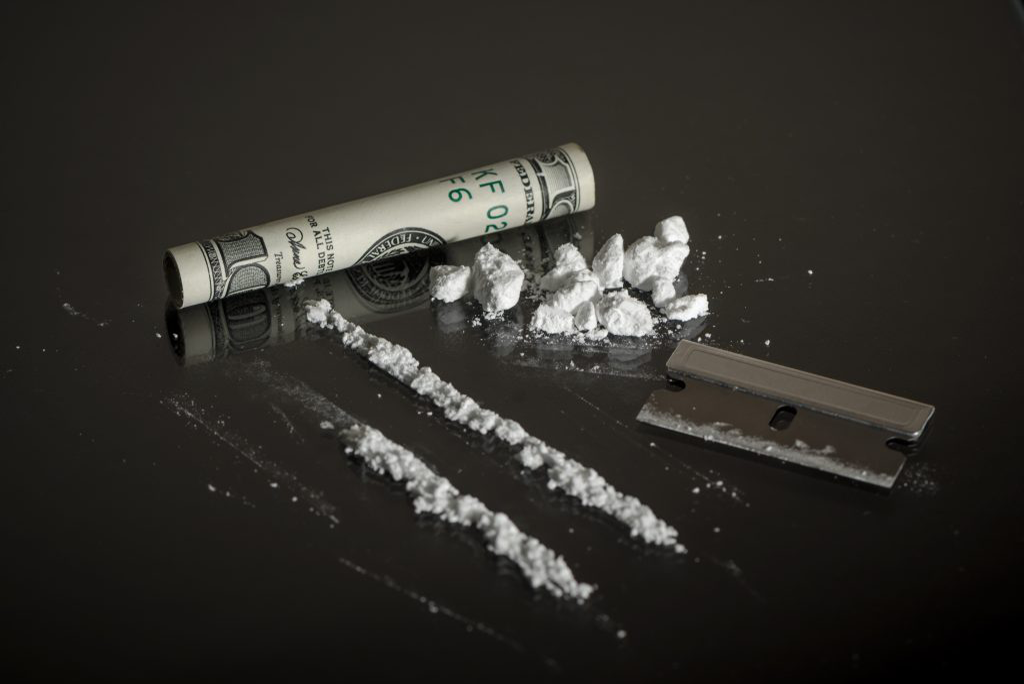 Recently, an East Texas man plead guilty to federal drug crimes after police discovered cash, a meth pipe, 12 ounces of methamphetamine, marijuana and other drugs in his vehicle. After searching his home, police also found more drug paraphernalia and a firearm.
Recently, an East Texas man plead guilty to federal drug crimes after police discovered cash, a meth pipe, 12 ounces of methamphetamine, marijuana and other drugs in his vehicle. After searching his home, police also found more drug paraphernalia and a firearm.
As a result, he is facing a minimum of 10 years in prison and a maximum sentence of life in prison.
Enforcement of Federal Drug Crimes and the Penalties
Examples of federal drug crimes include:
- Drug trafficking, the sale and distribution of illegal drugs
- Drug manufacturing, which occurs when an individual involves themselves in any step of the illicit drug-making process
- Possession of a controlled substance. This is defined as an illegal drug that can have a detrimental effect on a person’s health and welfare
- Drug conspiracy, an agreement between two or more people to commit a drug crime
These cases sometimes come with mandatory minimum sentences. These require specific prison terms for people convicted of federal drug crimes. You might consider mandatory minimums “one-size-fits-all” sentences. These often come with harsh penalties, ones you might consider excessive for minor federal crimes.
These crimes, which disproportionately affect those with lower income and minorities, do have some legal defenses. Possible defenses against federal drug crimes include lack of knowledge, mistake of fact (for example, being told a substance is sugar and not cocaine and being able to prove you were unaware it was cocaine), duress (being forced to commit a crime) and that a substance was not intended for human consumption (you may recall “K2” or “Spice,” synthetic cannabinoids marketed as herbal incense).






